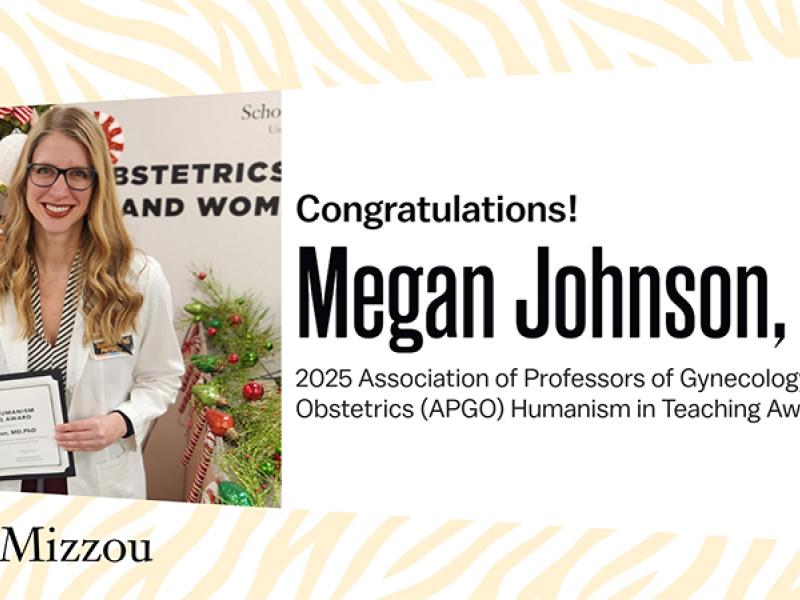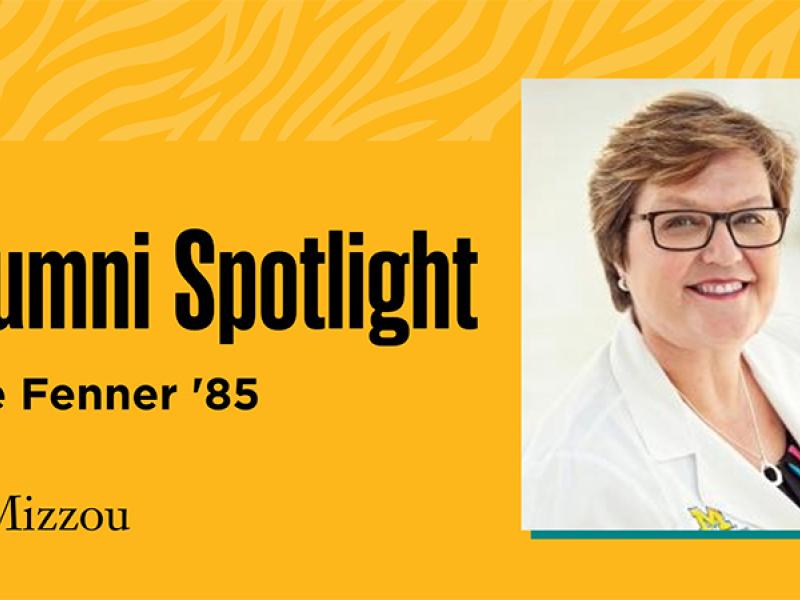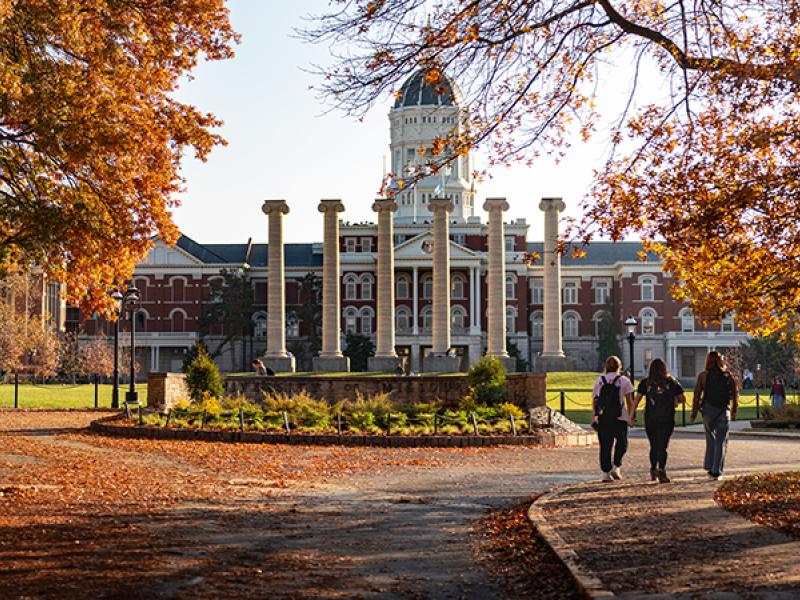The MU School of Medicine at a Glance
Total Employees: 2,076
- Faculty: 742
- Staff: 1,334
Total Learners: 1,267
- Medical students: 528
- Residents and fellows: 466 residents, 117 clinical fellows, 47 postdoctoral fellows
- PhD and master’s degree students: 57 PhD students, 52 master’s degree students
Total Alumni: 9,209
- Physician alumni: 8,315
- Physician alumni in Missouri: 4,275
- Doctoral and master’s degree graduates: 894





